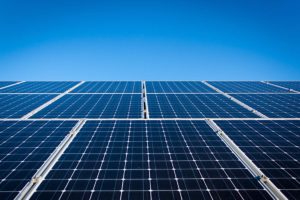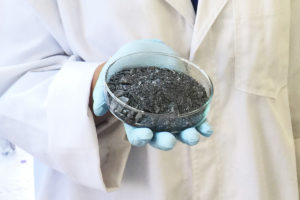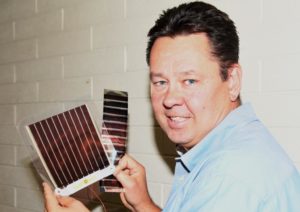
Making solar cells more sustainable
Flinders researchers are part of a global push to create more sustainable and efficient solar cells made from semiconducting plastics, which can be lightweight, flexible and […]

Flinders researchers are part of a global push to create more sustainable and efficient solar cells made from semiconducting plastics, which can be lightweight, flexible and […]

Battery power better than lithium or even solar is under development as researchers work to efficiently capture the energy of graphene oxide (GO). Under a new […]

International leaders in two specialist fields of research have joined the University as Matthew Flinders Fellows in 2017.
PhD candidates Jakob Andersson and Melanie Fuller from Flinders Centre for NanoScale Science and Technology have won Australian Institute of Nuclear Science and Engineering (AINSE) top-up research scholarships
A major renewable energy and water management project in California will build on a collaboration between Infratech Industries and Flinders nanotechnology.
Three Flinders Investigators lectures celebrate National Science Week, with solar power first in the spotlight at Flinders city today.
A new specialised microscope allows Flinders scientists building nanostructures at the molecular scale to see directly what they’re doing for the first time.
How many scientists does it take to change the batteries in a Collins Class submarine? What? You didn’t even know submarines had batteries?
Flinders University staff Dr Daniel Tune and Karen Burke da Silva have been recognised for their contributions to science in this year’s South Australian Science Excellence Awards.